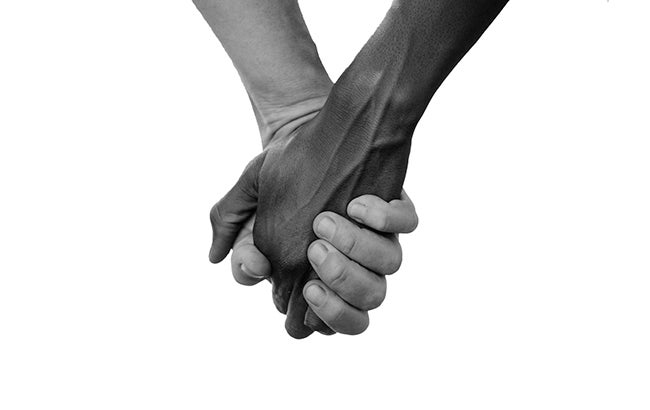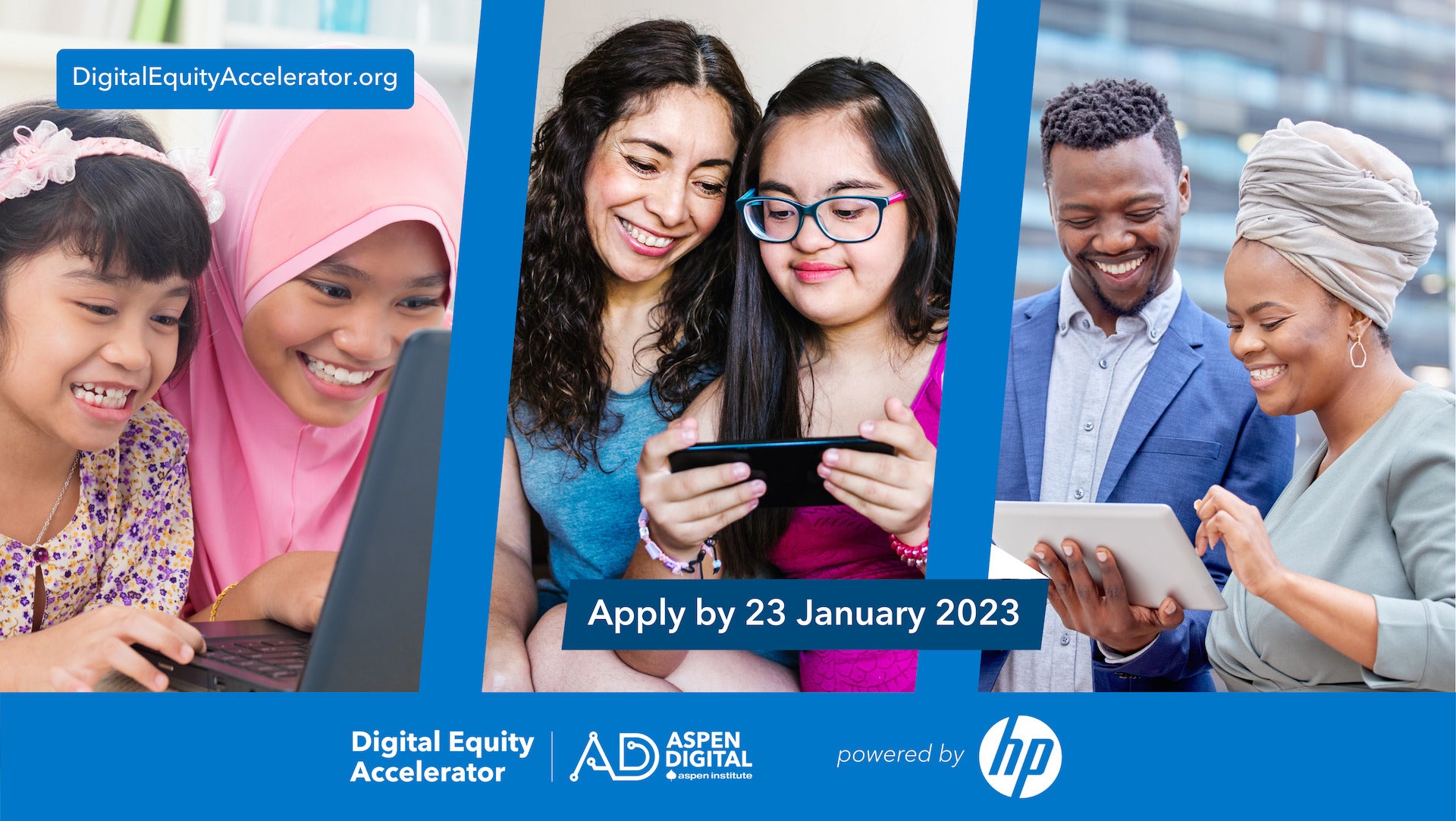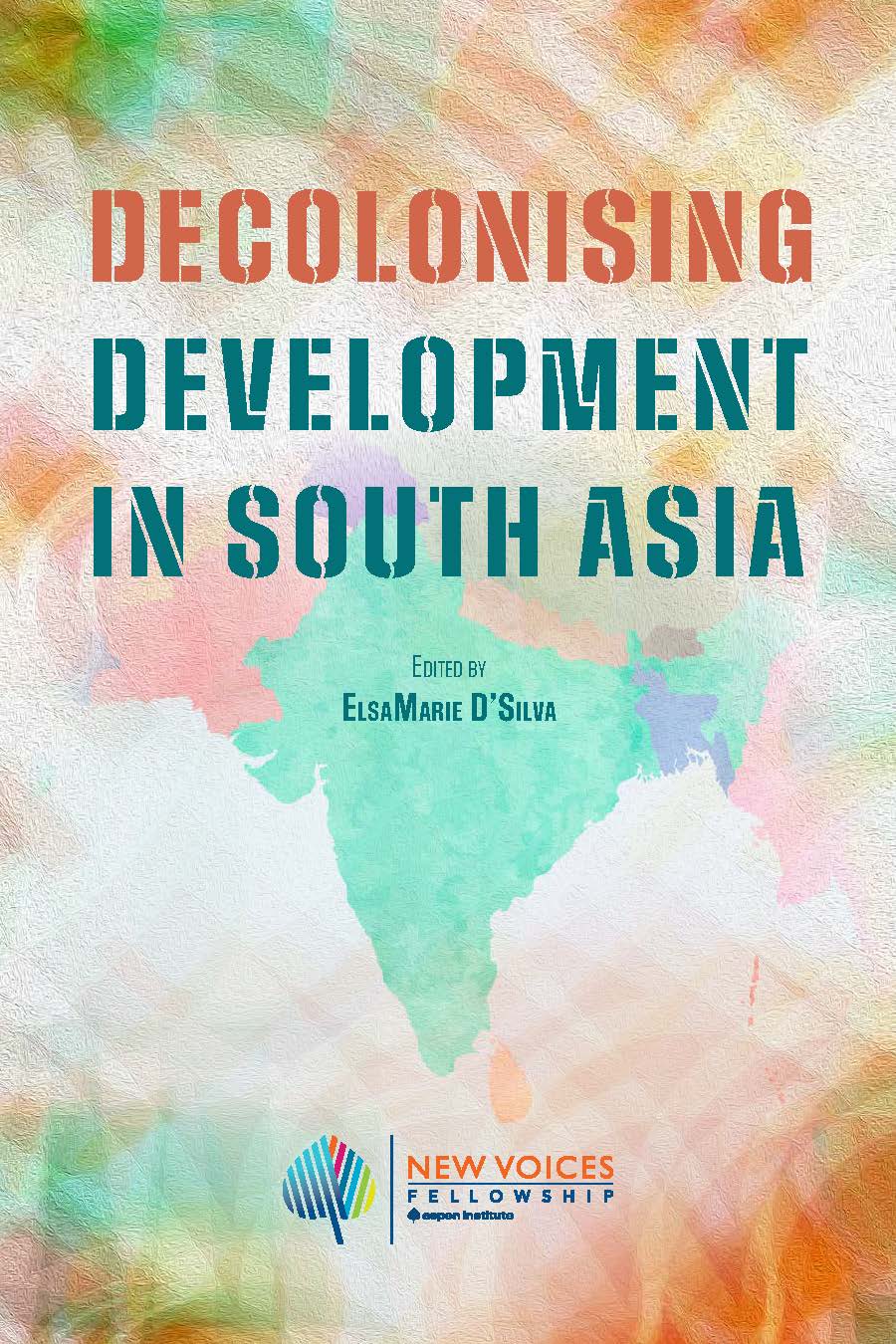Moses Ariong recalls how his experience as a New Voices fellow taught him how to share stories from Uganda with the world. The Aspen New Voices Fellowship is accepting nominations for the 2018 class through Oct. 15. Nominations can be made here.
Growing up in rural Uganda, I have had the grim opportunity to witness firsthand how poverty and hunger intersect. Upon completing my education I became a development worker, joining with others working to reverse the cycle of poverty. Now, as a project specialist at One Acre Fund, I work with smallholder farmers to improve food security in Uganda and across Africa.
I know my story, and my expertise, can be important as we seek to ensure that everyone across the globe has enough to eat. But I wasn’t sure how to make the connections that could get my voice into the public conversation until I joined the Aspen New Voices Fellowship 2017.
In September I had received an e-mail from a close friend of mine asking if I wanted to be nominated for New Voices. Kassaga Arinaitwe had been a New Voices Fellow in 2014/2015 and had been nominated by Barbara Bush – co-founder Global Health Corps and daughter of former US President George W. Bush. My dream to make my voice and those of the people I served in rural Uganda heard was about to come true.
I was accepted as a New Voices Fellow, and went through the program’s “media boot camp” training in Johannesburg, which featured tutorials on op-ed writing, TV presentation, and social media. My voice was immediately amplified through opinion pieces I published in the World Policy blog, AllAfrica.Com, DEVEX.Com, and Ugandan national newspapers – reaching people who have real influence over development policy. I won’t forget the day when Uganda’s minister of disaster preparedness and refugees thanked me for an article I had written in which I proposed preventing hunger in the Horn of Africa through tree planting. “You are one of the people our country needs. Please keep doing what you are doing to raise awareness on the key issues affecting our people,” he told me at an event to mobilize young people to launch agribusiness ventures.
While these communication tools have been valuable, one of the most powerful new skills that I have developed through New Voices is personal storytelling. We were lucky enough to be trained by the best in the field, The Moth, at a summer New Voices workshop. Like many children in Africa, I had grown up listening to various stories that my father told me and my siblings every evening. From the story of his father’s experience being attacked by a cheetah while moving in the dead of the night, to that of a traditional leader who mobilized his community to grow cotton that eventually brought riches to his community, my father’s stories taught us to always work hard for whatever we needed and to share it with those around us.
Working with The Moth, I learned that our own stories can be just as instructive, particularly when we use themes and strategies to engage our audience. The story I worked on with The Moth – about the HIV-related death of a boy who was involved in a nutrition program I ran – was really about how I learned the importance of a holistic approach in the fight against poverty, poor health and hunger. There is enough capacity to transform vulnerable communities across the world, but we fail to pool these resources together because we make a false assumption that we can do it alone. As we crafted my story and those of my New Voices colleagues, it became clear that collectively we have a great deal to contribute to the broader narrative of development but do not yet know how to fully make ourselves heard.
Our stories are one way to bridge this gap. Would I touch some people, and change the way others think, if I told of my experience of nearly being abducted by the Lord’s Resistance Army rebels of Joseph Kony while living in Northern Uganda – a reminder of how poverty and religious disorientation have fueled insecurity across the world? Or would my account of the last moments I spent with my grandmother on her deathbed as she bit my little pinky finger to wish me good luck demonstrate how Africa’s younger generation is progressing thanks to the drive and determination of those generations who came before?
British writer Phillip Pullman once said that after nourishment, shelter, and companionship, stories are the thing we need most in the world. It is so because our stories define who we are and help create connections with others. The Aspen New Voices Fellowship is helping me to develop this lifelong skill, that I will pass on to my children and my colleagues as we together seek to make the world a better place.
New Voices, in collaboration with The Moth, will also be hosting a live Moth story evening at the Woolly Mammoth Theater in Washington, DC, on Tuesday, Nov 7. For more information write to aspennewvoices@aspeninstitute.org.


